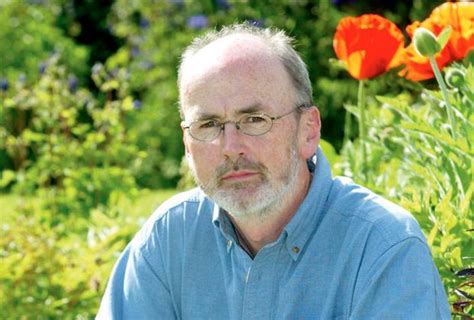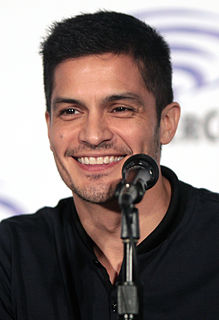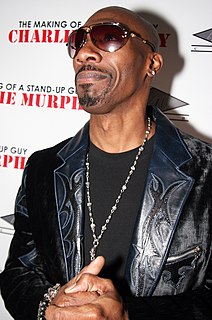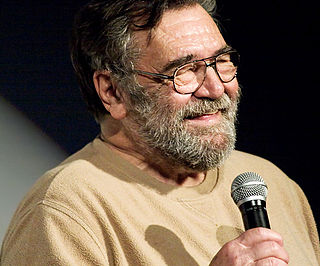A Quote by Michael Showalter
I like the comedians that go into detail and tell longer stories.
Related Quotes
What does it matter, if we tell the same old stories? ...Stories tell us who we are. What we’re capable of. When we go out looking for stories we are, I think, in many ways going in search of ourselves, trying to find understanding of our lives, and the people around us. Stories, and language tell us what’s important.
You have comedians who just do jokes, and they're called comics, not comedians. You have comedians that do bits - a person that has a lot of jokes that have a beginning, a middle and an end, but it's not a real story. And you have someone that does great stories, the one that blends those things together - that person is doing comedy.
The very act of story-telling, of arranging memory and invention according to the structure of the narrative, is by definition holy. We tell stories because we can't help it. We tell stories because we love to entertain and hope to edify. We tell stories because they fill the silence death imposes. We tell stories because they save us.
We had so many firsts on 'Coraline' that I couldn't quite see where we'd go from there, but for 'ParaNorman' we developed this 'skewed naturalism' that marries a lot of intricate detail with a more cinematic approach, then just built on all that and pushed those techniques even further, so we can tell our stories that much more effectively.
If you go into a comic book store, there are tons of Star Wars stories on the stand. There are lots of different stories to tell. Maybe George [Lucas] won't tell them. Maybe some kid, who's a Star Wars fan that's planning to go to film school, will call Lucas and say, 'I'd like to make a Star Wars film.' Then, they'll make one.
I'm very grateful to be in a position now where I have a lot more control to tell the stories I want to tell. I feel no obligation to tell any one story. I will tell you my interest mostly lies in telling stories about empowered women, but I don't feel it's an obligation. But I do feel like I am servicing a voice.


































